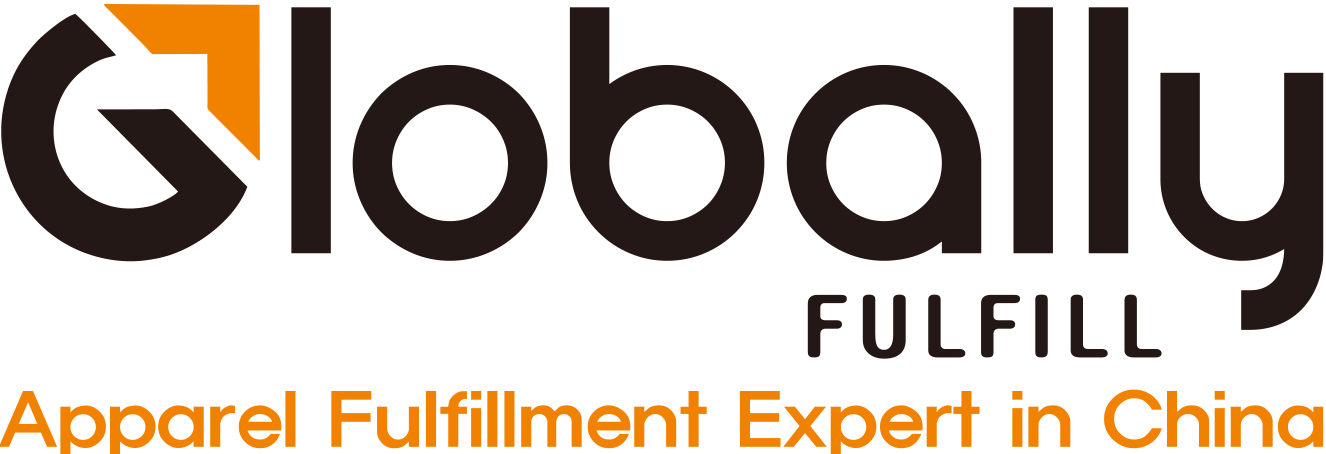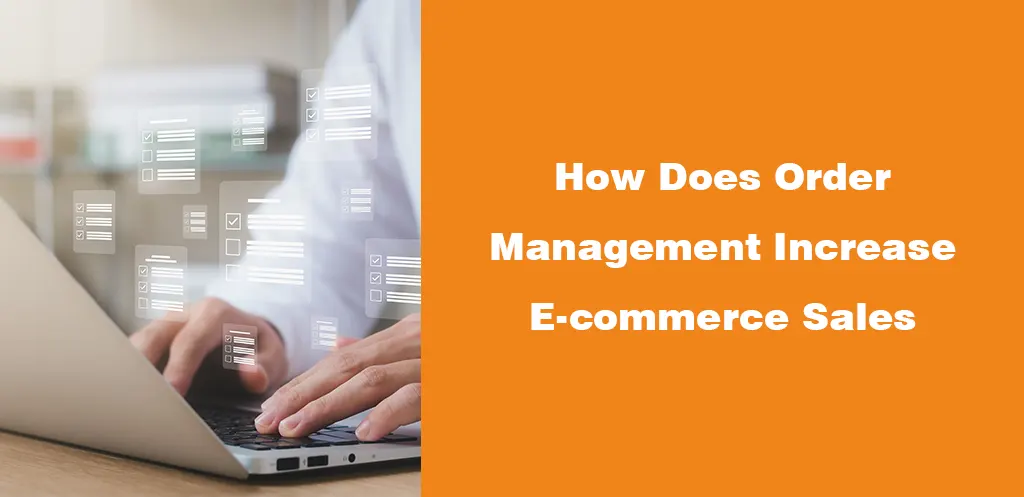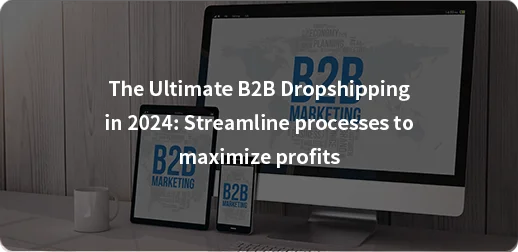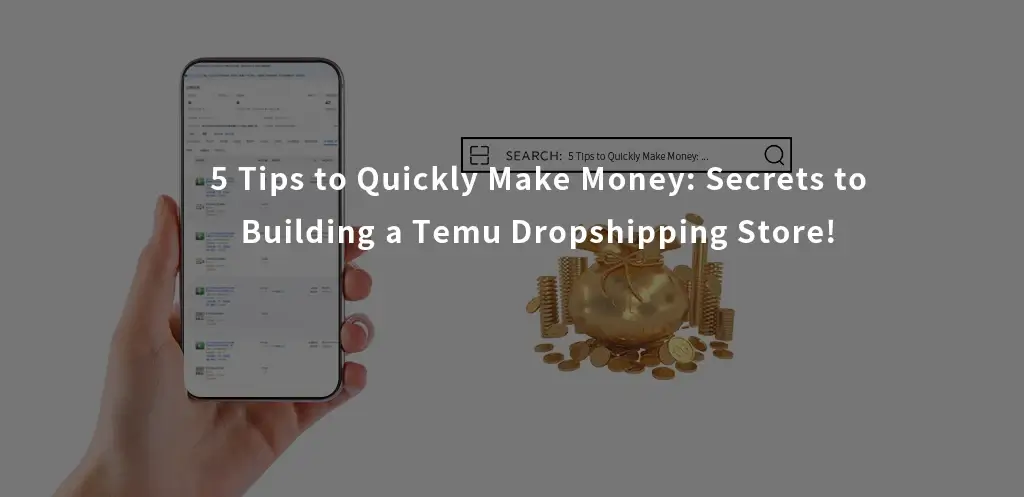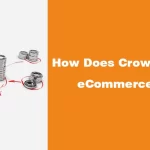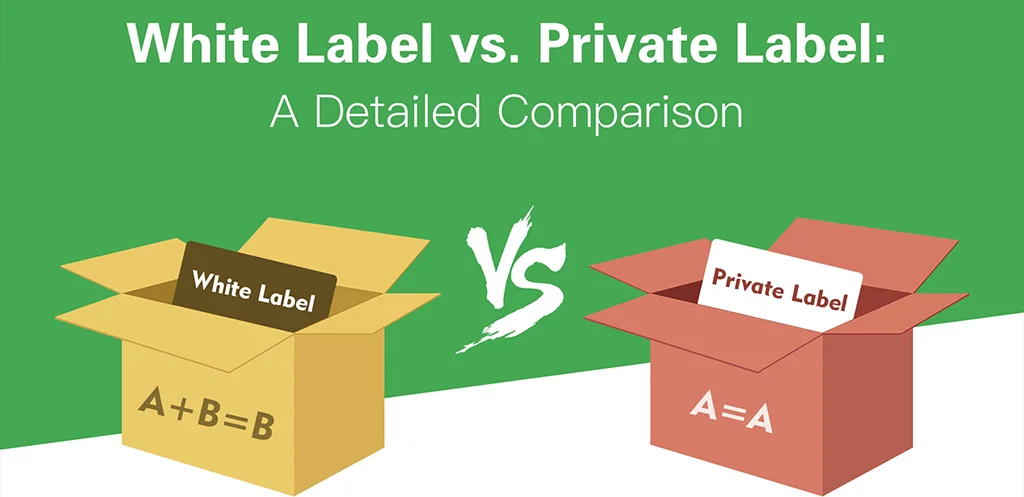
The white label and private label business models can get confusing if it is your first time trying to understand them. At first glance, they look similar but have different underlying principles, benefits, and drawbacks.
If you need help understanding these two business models, we’ll sit back, relax, and read on as I break them down for you. This article will explain these two concepts, how they differ, and much more.
What Is The Private Label Business Model?
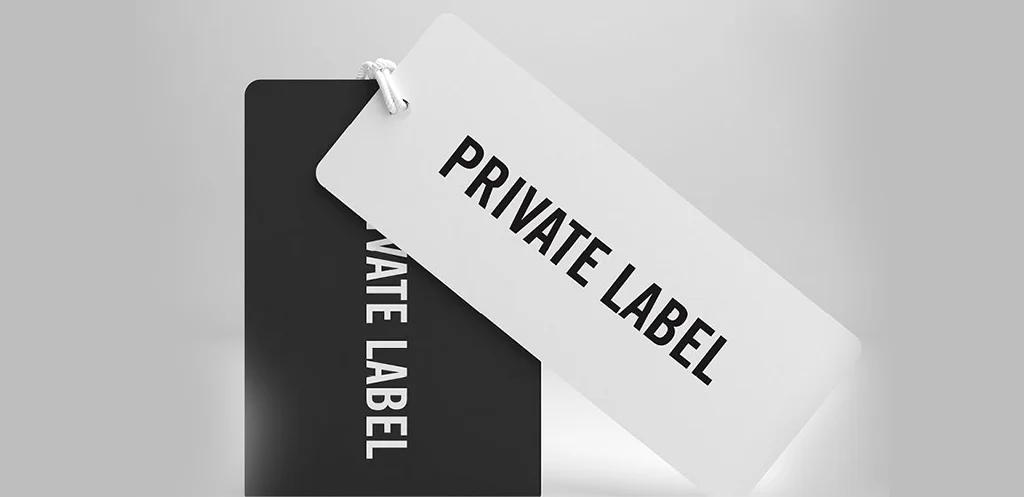
This business model involves you making a contract or deal of some kind with a manufacturing company or supplier to help you build, design, and customize a unique product for your store that will be sold only to you.
This means that you provide a detailed description or mockup about what your product is and what it should do to the manufacturer. The manufacturer then puts your designs into development and sends you the finished product.
Per your agreement, this product is unique to your store and can not be sold to any other person.
Look at it this way, you have an idea to start selling sunglasses so you design their look. From here, you can’t go any further because you do not have the resources to manufacture it so you outsource that part to a company that has the resources for manufacturing.
Once they are done, you are the only one they will be legally able to sell that product to. You can then place your own logo on the sunglasses. That product is now a private label product.
Simple right?
This business model is also known as a “private brand” because whatever is manufactured will be private and unique to your store.
From here, you as the retailer will be in charge of marketing the product as part of your brand and ensuring a profit is made.
This model is great for businesses that just want to focus on the marketing and business side of things. They get to remove the burden of single-handedly taking an idea from the production phase to the consumption phase.
Examples Of Private Label Businesses
Due to the nature of the business, the manufacturers tend to be less known and sometimes even hard to find by individuals looking to try out private labelling. I will be talking about how you can overcome that later in this article.
For now, here are two well-known companies that run on the private label model:
1.AmazonBasics
This company is a subdivision of Amazon. They operate on the Amazon marketplace, providing high-quality consumer products at a cheaper price compared to other stores on the website.
They provide everything from home gadgets like vacuum cleaners to various kitchenware.
The only feasible profitable way they can develop such a diverse range of products is to outsource the manufacturing process to different private label manufacturers and that is what they do.
2.Kirkland Signature
Kirkland is one of the most widely known consumer brands in the U.S.A. It is the private label brand of Costco that just like AmazonBasics provides high-grade consumer items such as tech, groceries, and others.
Their product quality is so good, that they give major national consumer brands a run for their money. This shows that being a private label store does not equal selling low-grade products. It all depends on you.
What Is The White Label Business Model?
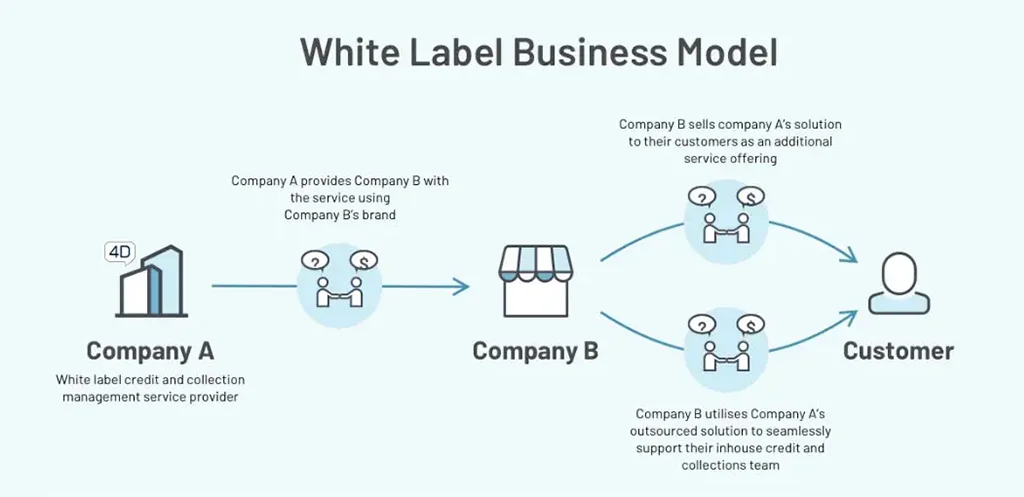
For this model, you also source products from a manufacturer but, unlike private labelling, you have no control over the specifications for the products. You don’t get to set the sizes, colour, or functionality of the product.
You just buy the products ready-made by the manufacturer. The only thing you get to do is brand it as your own.
This means that the manufacturers produce the items without any intention of selling them under their brand.
They sell the generic products to several retailers who are free to add their company name and logo to the product and sell it as though they manufactured it themselves.
The product is called a “blank label” product since the product is manufactured and sold to retailers without a label, therefore, a “blank label” — you get it?
This model is perfect for stores or businesses that already have a popular brand and are looking to expand their product catalogue without going through the whole production and design hassle.
If you are just starting, this model can also be beneficial. You won’t need to put effort into launching a new product or developing new markets and niches.
You can just tap into an existing market and start selling products that have your logo on them.
Major Differences Between Private Label Vs. White Label
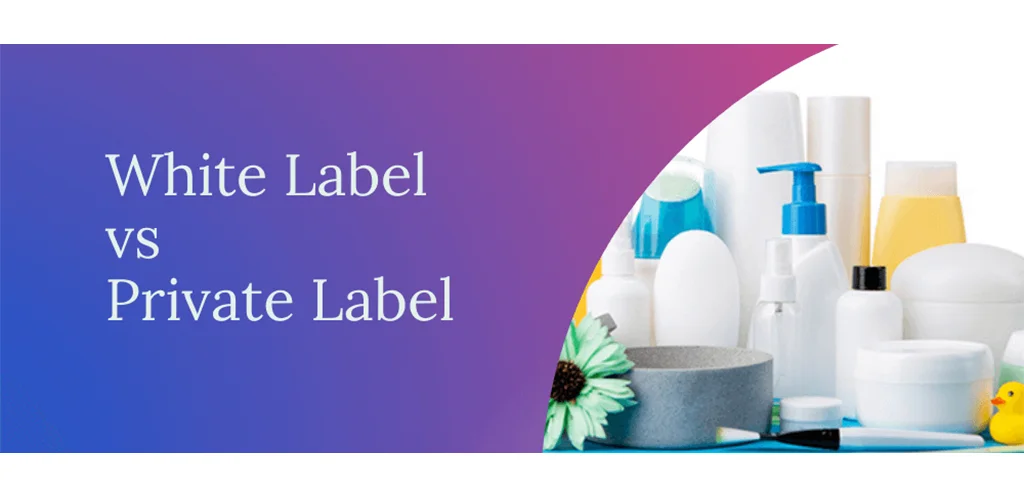
Customization
Private label products are completely customizable after all you as the retailer will be giving the manufacturer instructions on how every part of the product should be.
You get to choose the sizes, colours, unique features, and others.
On the other hand, white label products are generic. The products are usually manufactured before a seller even comes to source them. They cannot be customised and can only be branded differently by the retailer.
Costs and Profitability
The costs of running these two business models are very different.
Depending on the level of customisation done, private label products can get expensive.
This is because private label products are built to the specifications of the retailer which could require special materials, techniques, and more time to produce.
Despite this, selling private label products is easier and can yield high returns because your products will be unique and one of a kind.
White label products are less expensive to produce. They can be manufactured in mass amounts. Due to their being generic, they do not require new or special materials that the manufacturer would not have readily available.
They are also usually produced before the retailers even buy them, removing any time constraints.
But, you’ll need to spend more on marketing and advertising since your products are probably being sold by ten other stores.
The Product Type
Private label products are majorly physical items made uniquely for a specific retailer’s brand. Its uniqueness helps improve the store’s brand.
As more people buy this product, they are more likely to return to the store for more unique items.
This uniqueness doesn’t exist for white-label products. Even though retailers may brand the products with their own logos, it doesn’t take away from the generic nature of the product.
As a result, white label products don’t do much to improve the retailer’s brand image.
Why You Should Go The Private Label Route
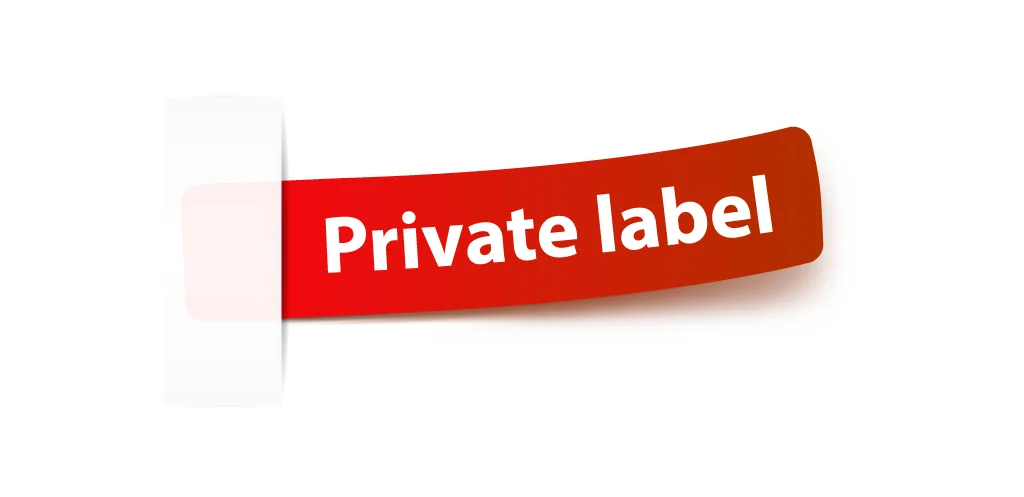
High-Profit Margins
The costs of starting a private label business can seem expensive and yes it is but, its returns are also high.
Unlike the normal process of buying and reselling products from wholesalers, in a private label business, you get to produce a unique product without needing to manufacture them yourself or buy any expensive equipment yourself.
By avoiding having to personally manufacture the product, you get to save money while still getting exclusive rights to high-quality products you can put your name on.
Not only that but since the product is coming straight from the manufacturer instead of a wholesaler, you get to set the prices wherever you deem fit.
What do I mean by this? OK, look at it this way.
You want to start an e-commerce store that specialises in selling coffee so you buy a popular brand of coffee from a wholesaler to resell.
This means you will have to sell at a price that has been affected by the profit made by the wholesale and manufacturing companies. This translates to higher prices for consumers.
In contrast, by going the private label route, you reach out to a private label manufacturer to make the coffee how you like it.
All you will need to do is add the costs of production from the manufacturer and costs of labelling with the profit you would want to make and that’s it.
That way you get to sell high-quality and unique coffee to your consumers at a cheaper price while also making great profits since the prices are set by you.
You Get To Tailor Your Product To Your Customer’s Needs
In any business, customer satisfaction comes first and private label products help with this.
With knowledge of what your customers are looking for, you can customize your product to satisfy and retain customers.
Doing this places you as a major player in your and helps your clients trust your brand more.
This could spill over into customers sharing your credible store with others allowing you to attract new clients looking to take part in such a unique item that addresses their needs.
Having products tailored to your customers though isn’t enough to keep customer satisfaction high. You’ll also need a reliable delivery system.
Globallyfulfill can help you with this. Thanks to their tech-driven warehousing system and delivery process, they ensure your products reach your customers at the appropriate time and in the best condition. Check them out.
Why You Should Go The White Label Route

Easier Startup Process
This model does not require as much startup capital since you do not need to worry about designing and manufacturing your products yourself. All you need is to buy the product from the manufacturer and start selling.
You also avoid the uncertainty of entering a new and untested market space.
The product you will be selling has been sold by other retailers and has been established as a market demand. So you won’t need to start doing market research and planning how to launch a product. You just start selling.
Diversity Of Products
If there is one glaring advantage white labels have is their diverse choices of products to sell. While private-label products are also diverse, the variety of products under the white label is far more extensive.
This variety can help you tap into multiple product categories, catering to different consumer preferences and widening your market reach.
It can also allow you to meet the changing preferences of customers at different points in time.
Whether it is a holiday or a new online trend that’s driving sales of a particular item, the fact that you can just order them as quickly as possible knowing they are already ready-made is another big advantage.
This diversity is also important for stores looking to service international clients.
The unique tastes of customers from different companies will differ; therefore having a diverse range of products to source from is invaluable for these types.
Which Model Should You Choose?
Now comes the big question: Which should you use? The answer to that question will as always depend on the type of ecommerce store you want to run.
To help you choose, here are some questions you would need to answer:
1.Do you have a specific product design you would like to sell or are you just looking to quickly start a store and sell something?
If you have a design in mind, a private label business would be your best option. And if you don’t, just go for the white-label model.
2.Is selling unique items a deal breaker for you or are you willing to sell generic items under your brand?
If you want to sell unique items, a private label is the way to go, but if you have no problem with selling the same products as other stores, the white label model will be perfect for you.
3.How much work are you willing to do in bringing a new product into the market?
Private label products are new products and as such require more work to market and brand than white label products which have proven market demand. So take that into consideration.
4.Do you already have a trusted brand or are you just starting to build one?
If you already have a brand setup and are just looking to start a store then the white label model is great for you.
On the other hand, if you’re just starting to build your brand, a private label store will be the best for you as its unique products will help build customer loyalty and retention.
Conclusion
To close it off, you have seen how both the private label and white label business models work.
Both these models have their own advantages and drawbacks so choosing which one you’ll be utilising all boils down to your goals and vision for your business.
